My sister is a model. I am not. Cue the apologies.
“Wow, that must be difficult for you.”
Yes, it is.
“I bet you two get compared a lot.”
Yes, we do.
But this is not a sob story, and it’s definitely not an attempt to get your pity. I’m writing this for the people who have been, are, or will be in my shoes.
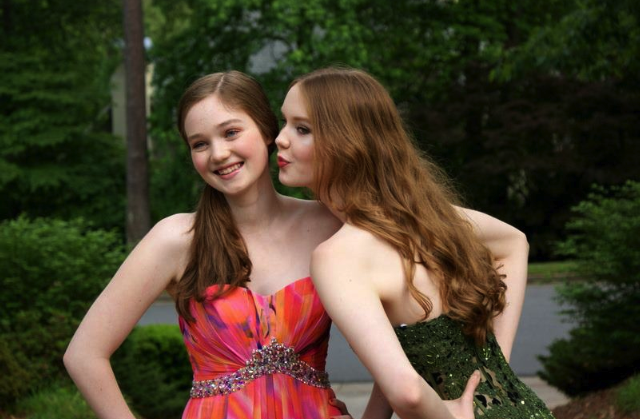
Photo courtesy of Lance Kelson
When I was 13, my sister signed with a modeling agency and subsequently developed an eating disorder. She didn’t all of a sudden drop 20 pounds – hers was gradual. To people who saw her every day, she seemed completely normal. It was undetectable, even by our parents, for a while.
I, however, saw it all.
Not only am I her little sister (which automatically means I watch every single thing she does), but I also happen to be pretty observant and sponge-like.
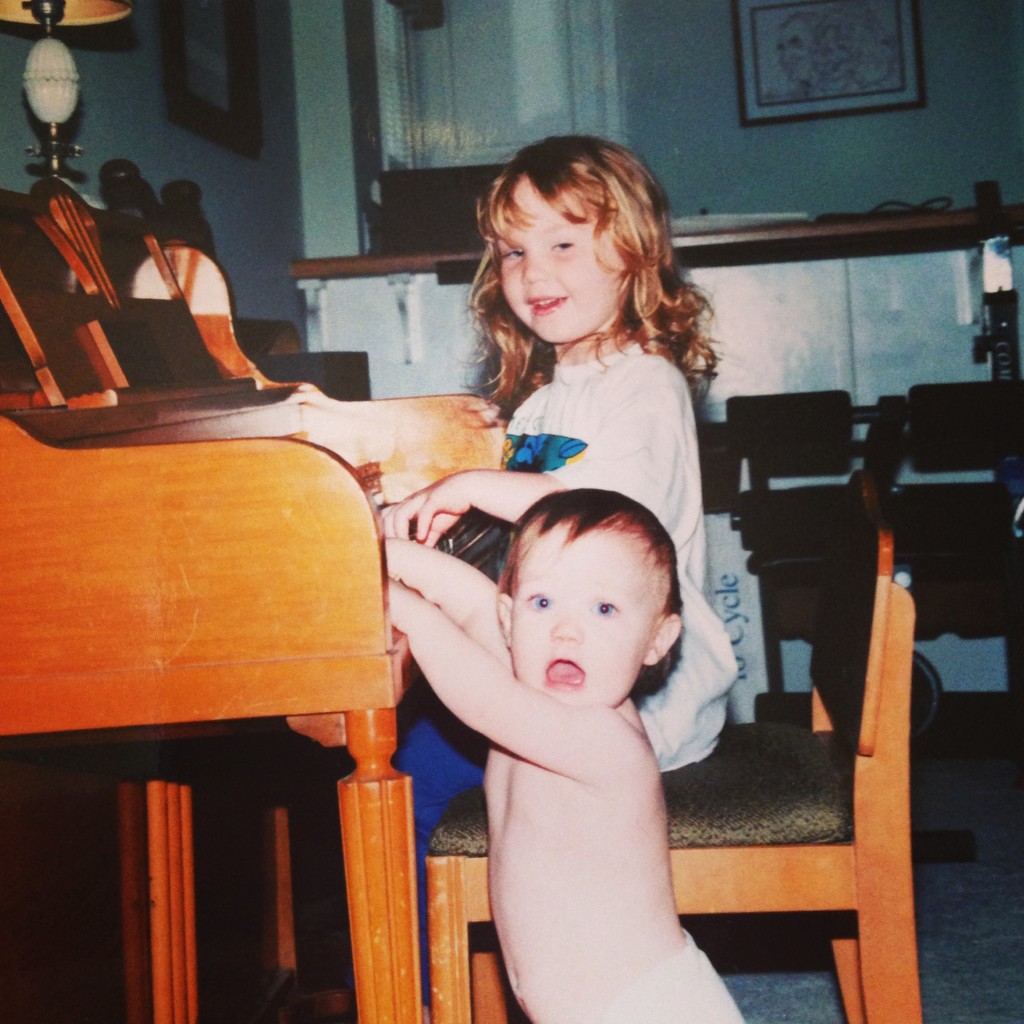
Photo courtesy of Susan Kelson
I remember the day my sister switched to a smaller plate and started making salads instead of sandwiches. Slowly but surely, the salad toppings diminished, and before long, all that remained were a few bites.
I remember the post-agency visit tears and the abusive relationship with measuring tapes, scales, and mirrors. I remember the instructions from her doctor to buy her ice cream and cake and everything fattening. I remember the diet books, articles, and recipes that only masked her growing fixation with appearance.
I remember watching my best friend, the girl who taught me how to put on makeup and dance in the kitchen, wither away physically and emotionally. I saw her crumble under the literal weight of this world’s picture of perfection. It terrified me, and I couldn’t fix it.
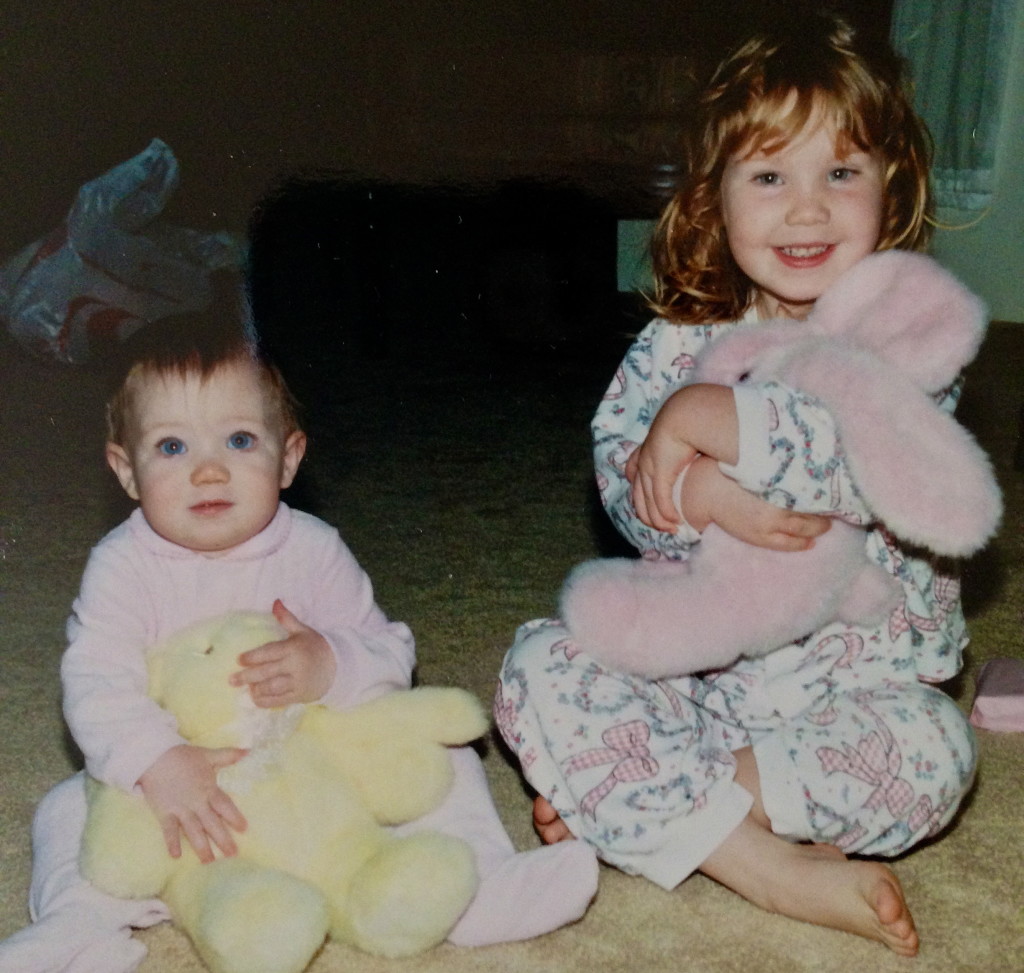
Photo courtesy of Susan Kelson
So, staying true to my sponge-like nature, I soaked it all up.
Before too long, I switched to a smaller plate and chose a salad over a sandwich. I sat in on the meetings with the nutritionist and learned the difference between good and bad fats along with numerous other valuable nutritional tidbits.
I wasn’t developing an eating disorder, but I was getting confused.
The confusion reached a new level when my sister started using MyFitnessPal to track her macronutrients. While I think it’s a fantastic tool for people who need it (i.e. my sister or people with other health issues), I didn’t have the right context for it. To my black and white brain, it went hand-in-hand with an unhealthy attitude towards food.
During a single meal, I would swing back and forth between not caring at all about what I put in my body and trying to control every bite. Neither of those is beneficial. Without realizing it, I, too, was placing food and appearances on a pedestal.
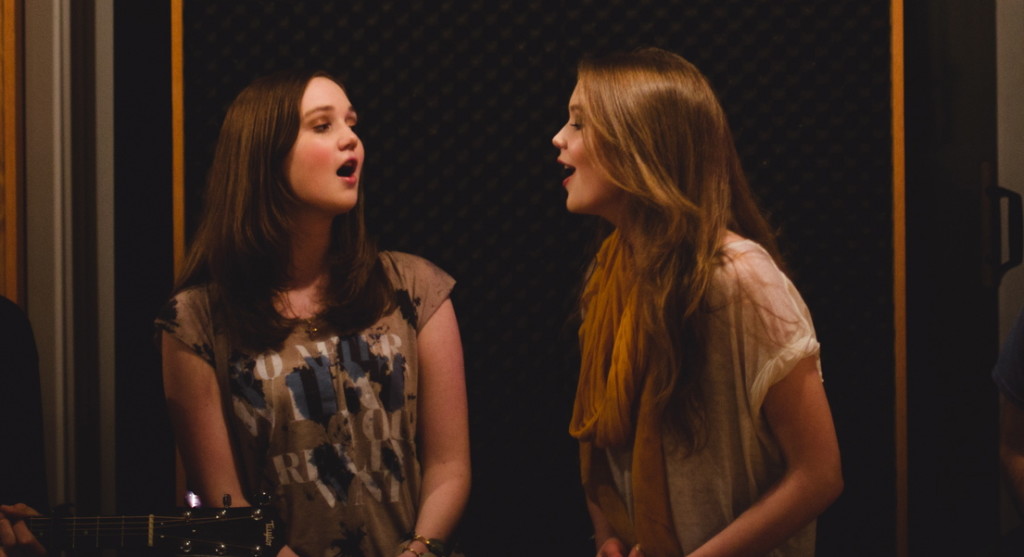
Photo courtesy of Dana Kelson via youtube.com
Conversations at home became more and more dominated by the modeling world. Critiquing photos, finding the most flattering angle, and trying to achieve a healthy weight that was still within the measurements needed to book jobs started to seem normal to me.
It may be normal for my sister, but it shouldn’t have to be for me. She does have to take care of her body a certain way and be able to look at pictures of herself as objectively as possible, but I don’t.
The problem? I forget that I don’t.
I have no plans to become a model. I don’t naturally have the body or look for it, and after seeing everything my sister’s gone through, I don’t have the desire either.
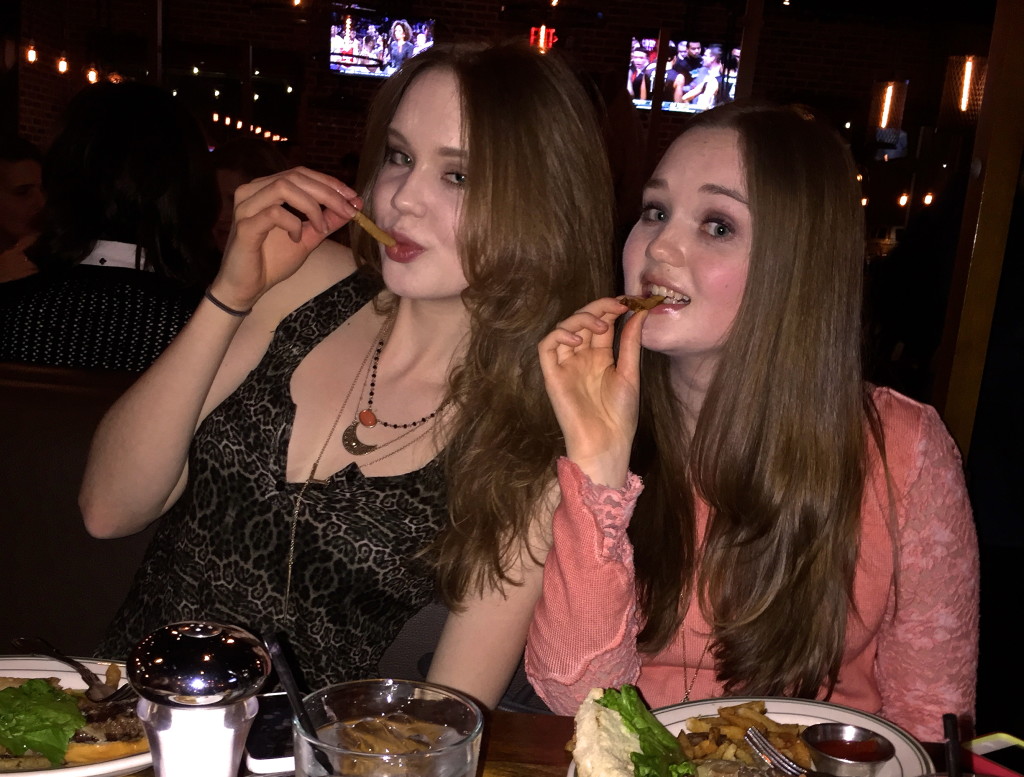
Photo courtesy of Ashlyn Rubanowice
My job as me is to find a balance between turning to food for comfort and control. Feeding my body the nutrients it needs and deserves should take top priority, but I shouldn’t deny myself a bourbon brownie as a reward for surviving an exam.
Discovering that happy medium is a difficult task even without having a formerly anorexic sister. But it’s an important one that should never be undervalued.
It’s been six years since that modeling contract was signed.
She continues to work regularly, but now she’s healthy. Yes, she still struggles with insecurity, but I honestly have no clue how you could be in that industry and not battle that demon.
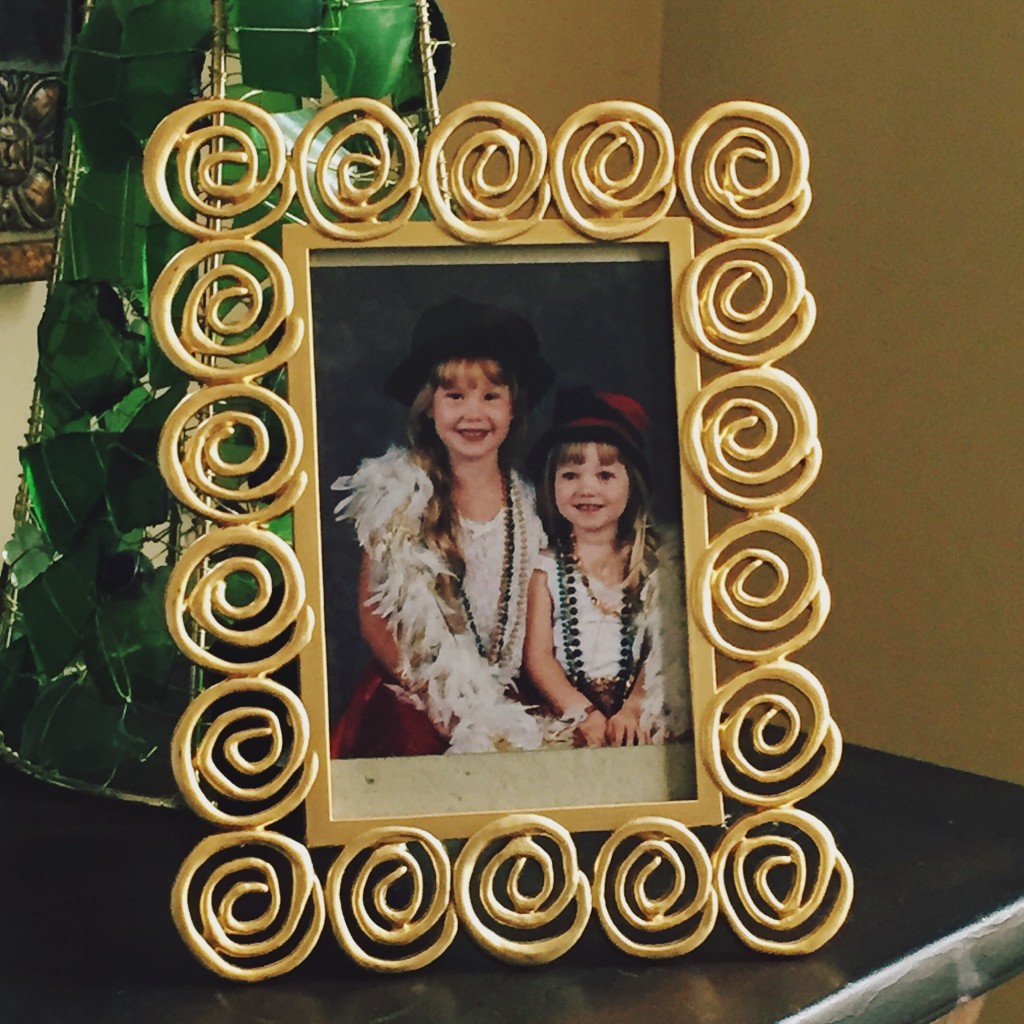
Photo by Lexi Kelson
She’s doing really well, and I’m so proud of her. Now, I can be proud of myself, too, because I’m getting better at living in the middle ground, and I’m sharing these words with you.


